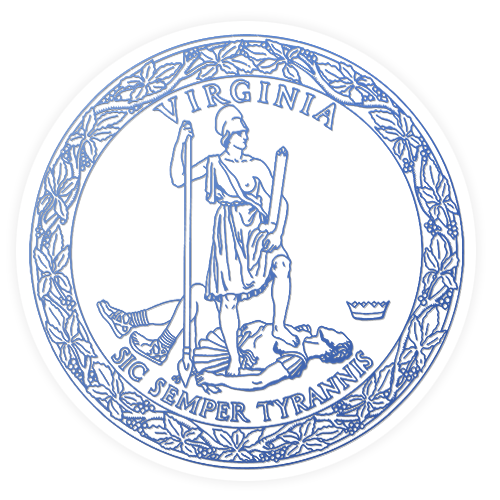
RICHMOND—Governor Ralph Northam is calling on all Virginians to prepare now for the 2021 Atlantic hurricane season, which starts June 1 and lasts through November 30. The beginning of hurricane season is the ideal time for Virginians learn their risk for inland or coastal flooding, find out which evacuation zone they are in, and develop an emergency plan for their families or businesses.
“Hurricanes and tropical storms can have devastating impacts on every part of our Commonwealth, not just coastal communities,” said Governor Northam. “As the 2021 hurricane season begins, now is the time for all Virginians to prepare for a potential storm by checking your insurance coverage, making an emergency plan, and having a disaster kit ready.”
The National Oceanic and Atmospheric Administration’s Climate Prediction Center predicts an above-normal 2021 Atlantic hurricane season, with a 70 percent likelihood of 13 to 20 named storms of which 6 to 10 could become hurricanes, including 3 to 5 major hurricanes. The 2020 Atlantic hurricane season had a record-breaking 30 named tropical storms, including 13 hurricanes and 6 major hurricanes. Virginia has been prone to many impacts from tropical systems including damaging winds, flooding, and tornadoes. Even storms that start in the lower Atlantic states have the potential to cause significant damage.
“Hurricane preparedness is even more important today, as we have seen an increase in the number and intensity of storms in recent years,” said Secretary of Public Safety and Homeland Security Brian J. Moran. “Together with all of our emergency management and public safety partners across the Commonwealth, we have spent months preparing for hurricane season, and we encourage Virginians to make plans to protect their families and property.”
Virginians are encouraged to review the Virginia Hurricane Evacuation Guide During the COVID-19 Pandemic, which includes information on preparedness, response, and recovery activities in the event of tropical weather, particularly for coastal evacuation areas of the Commonwealth. This year’s guide includes pandemic considerations, recognizing that COVID-19 is still circulating and there are still many unvaccinated individuals, including younger Virginians.
“Disasters and emergencies don’t affect everyone equally and we know that low-income and disadvantaged communities are disproportionately impacted,” said Curtis Brown, State Coordinator at the Virginia Department of Emergency Management. “We have made significant progress building equity into Virginia’s emergency management programs and will continue working to support at-risk populations well in advance of any event.”
Before peak storm season gets underway, all Virginians and those visiting the Commonwealth are encouraged to prepare by knowing your risk, purchasing flood insurance or reviewing your policy, and create an emergency plan that includes arrangements for your pets. Learn what to do to protect yourself, your loved ones, your property, and your community by taking these steps:
There are many resources available to assist with hurricane planning efforts. Learn more about preparing your business, your family, and your property against hurricane threats at vaemergency.gov/hurricanes and ready.gov/hurricanes. Additional information about preparing for hurricanes during the COVID-19 pandemic can be found on the Centers for Disease Control and Prevention website.
# # #